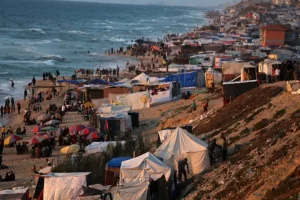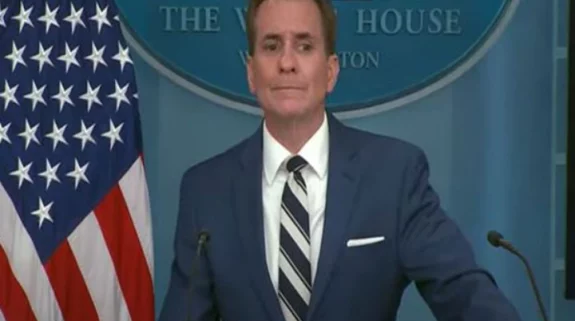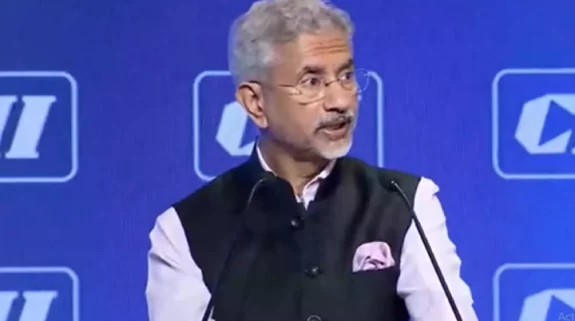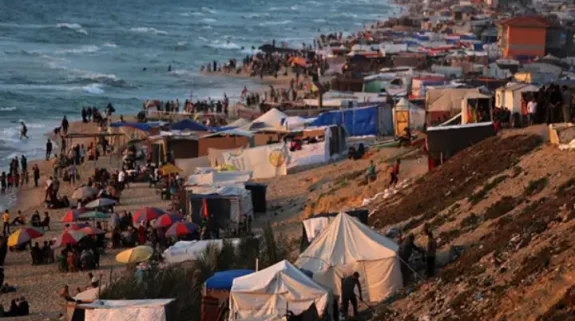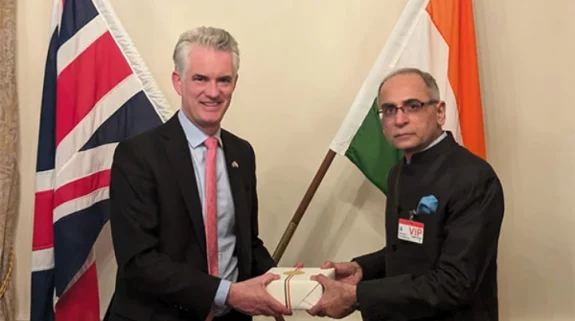As humanitarian needs increase in the Horn of Africa, the European Commission announced today new funding of €149 million in aid for the wider region in 2021.
The funding announced today will support humanitarian projects in Djibouti (€500,000), Kenya (€14 million), Somalia (€42.5 million), Sudan (€52 million) and Uganda (€32 million). In addition, €8 million is allocated to the efforts against the Desert Locust infestation.
The European Union has already announced new humanitarian funding of €53.7 million for Ethiopia and €43.5 million for South Sudan during the recent visit of its Commissioner for Crisis Management, Janez Lenarcic to these countries.
Around 11.5 million people are displaced in the Greater Horn of Africa region, of whom more than 4 million are refugees.
Of the total funds allocated across the region, around €30 million will be going to projects providing education to children caught up in humanitarian crises.
"During the past year, the Greater Horn of Africa countries, in addition to being affected by conflict and displacement, have also been facing the so-called triple threat of desert locust infestation, the impact of climate change and the Covid-19 pandemic. With millions in need of urgent assistance in the region, the EU is ensuring that emergency lifesaving support, such as food, nutrition, health and protection, reaches those in need," said Lenarcic today.
In Sudan, there are more than 13.4 million people in need of humanitarian assistance, including 1 million registered asylum-seekers and refugees, while more than 9 million people require food assistance. Since November 2020, the Tigray conflict in neighbouring Ethiopia and the border tension around the agricultural fertile land of Al Fashaga presents an additional risk for the fragile political transition and has already resulted in thousands of refugees fleeing the Tigray region, and other regions of Ethiopia.
In Uganda, almost 4 million Ugandan nationals and 1.4 million refugees are in need of humanitarian support. Economic hardship, further exacerbated by the COVID-19 crisis, is undermining the country's commitment to a progressive policy towards refugees.
The Desert Locust is considered the most destructive migratory pest in the world. Crop and food losses in affected areas can be enormous, generating direct dramatic negative impacts on agriculture and livelihoods. With over 35 million people in the region already food insecure, the desert locust upsurge remains an unprecedented threat to food security. In their updated appeal for 2021, FAO estimates that still 3.3 million people are at risk of food insecurity due to the Desert Locust in Kenya, Ethiopia, Somalia and Sudan.







